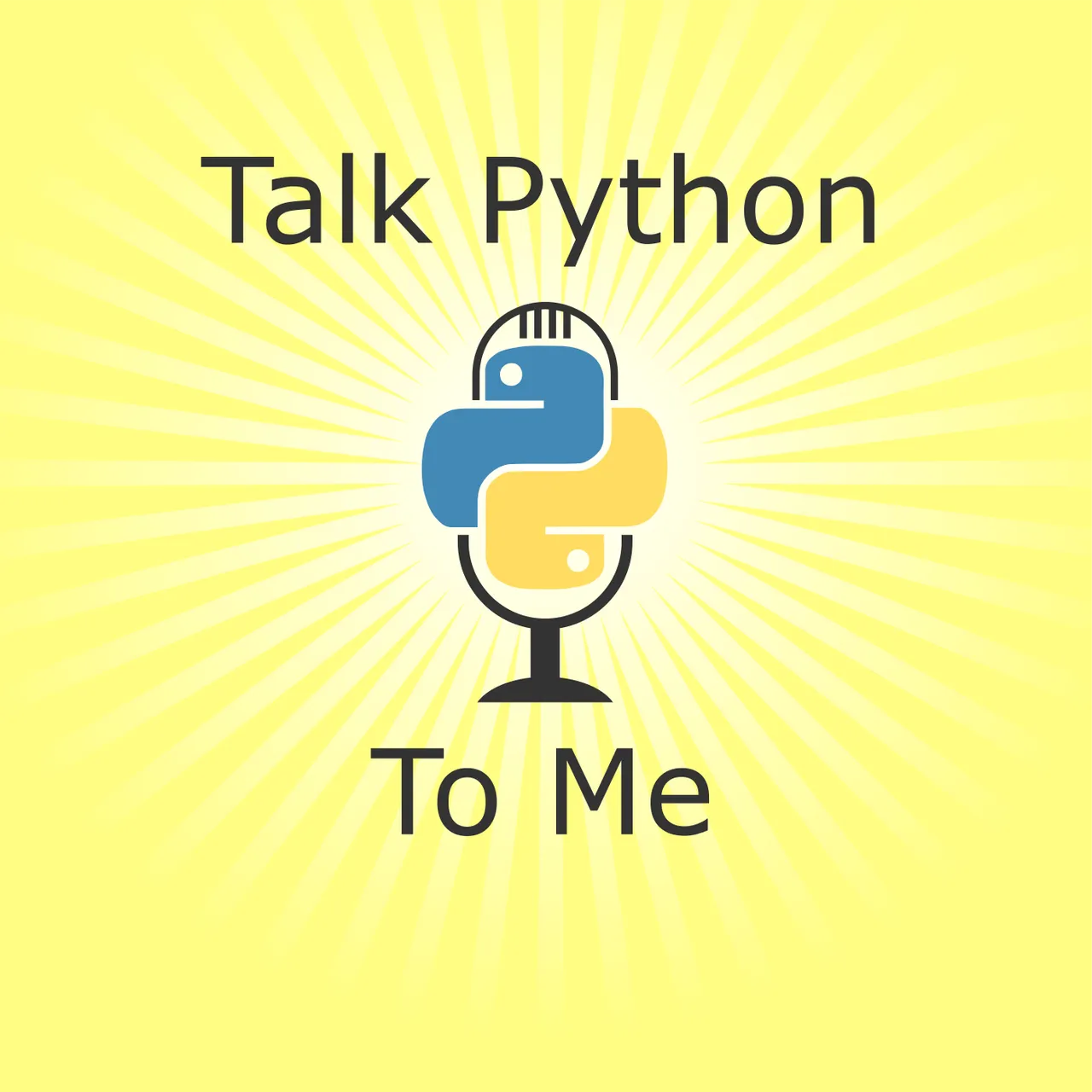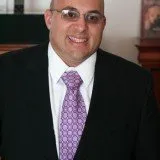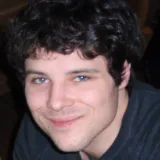
Listen to the podcast
Tobias Macey and Chris Patti are the hosts of the podcast Podcast.init which is a major podcast in the Python space along with this one, the hosts went on into introducing themselves, with awesome backgrounds, Tobbias works with MIT Online Courses and Chris Patti at Amazon AWS as a Senior DevOps. Both seem to be pretty hardcore Python devs. So you know their content is coming from guys that aren’t way more qualified than the casual developer.
Back in the day I used to listen to a python podcat which the host wasn’t very technical and sometimes resulted a bit boring since it was more about him learning the language. This one on the other hand seemed to be full of guests and great introspection, so the show seemed to have top notch quality. Both hosts started from the same origin, basically no python podcast at the time, so they decided to make their own. The funny part was that they started 3 days after the launch of Talk Python to Me which seemed to be a course at least at the beginning.
After the introductions they mentioned their favorite shows and how their guest screening methodology goes on. To bring community members that might not just do web development or software engineering but also different disciplines that also use python.


Their workflow seemed to be pretty intensive, since the different schedule of the guest to book, as well as the knowledge of the subject. Some guests are so prolific that usually the questionnaire can vary a lot from guest to guest.
The time distribution seems to be from 1 hour of recording to a 1-4 hrs of post-production and 45 min of publishing and promotion per episode. Just like many other podcasters that have the same need of being too time intensive. The host even jokes about the irony from a friend that chose podcast as a way to save time, unlike blogging. Podcasting is waaaay worst!!!
One of the issues is to take the speech anomalies or impediment, creating a fluid conversation as opposed to having a dull overly monotone voice. This is what makes the conversation more appealing to listen and consume. I think is a great task, but I don't envy them.
The testimony was great about how his position on the community has change ever since they have both started the podcast. A great story about going to PyCon and going from a mere spectator to really be a part of the community since many of the speakers were part of the show guests.
As a podcaster he gives tips to new up and coming podcasters, to really dedicate sometime to research your topic, and not corner yourself with a too nitch topic. Then be as passionate enough about the topic to get yourself in the morning the next day with the same excitement to do the podcast.
Also have great gear, to have good quality of audio, and buying a USB might might do the trick as opposed to use the mic from the laptop (or the webcam). Definitely a USB mic will allow to have a clear close voice, and do rehearsals so that the mic is correctly activated.
Some of the highlights of the shows, are too many to mention, but they seems to have different amazing topics of the different python universe. The one great one seems to be the “Human Trafficking Show” which talk about the technology for the porpouse of making a difference in the real world.
Most of the rest of the show went into the takes of memorable talks on PyCon and the experience of meeting all the people there. Finally they talk about their gear, such as analysis and metrics for their downloads. Struggling between building stuff by themselves versus just putting things together off the shelf, with the risk of looking like everyone else.
As a podcaster and podcast fan themselves they share different podcasts, one of the one Chris mentioned were:
“Curious Minds”. “Hidden brain” talks about what is happening in your mind as you are doing different things. “Data Skeptics” is a scientific skepticism podcast, which focus with Data Science. “Ted Radio Hour” is a great summary guide of the most famous talks about Ted and curating them for everyone to enjoy, and works like a director’s cut version of Ted.
“99% Invisible” is Tobbias favorite podcast about just geeky things. “Risky business” is about information security and highlight the fact that is very accessible. “Rational Security” which talks about current events but from the security angles. “Hardcore History” is an ex-correspondent from CBS but with a more personal angle and he is great narrator. “Ruby Rouges” the original blueprint in which their podcast was built-ed upon which is not only Ruby, but computer science as well. “Sparks” talk about cyberculturism, which is pretty unique about our relationship with technology and society in the modern world (will definitely check this one).
Both developers praise Emacs as the definitive editor for both of the hosts (which I approve) and El-python is the best.
Chris being the more descriptive going through a row call of editors/IDE he went through from PyCharms, to WingsIDE, to Sublime to VIM and finally landing on Emacs.
The episode was very interesting specially if you enjoy this medium of communication and want to get even more python knowledge besides the books and tutorials and into the mind of the developers and creators shaping the future of the language.
BTC signature for article: IDZozGeIyAqmNXv9xR77vv7tlwG+CKUmr8CHjz5LsggEKxd2mvNjuULvzso/E2QS6DENcBzC+wfrllygESDNEuk=

About me:
Steemer, crypto fan, like to listen to 90s hip hop, and loves to chat about Linux Python and Free software. Runs a local Tech club in sunny Cancun, and enjoys hoping on planes and landing somewhere else.